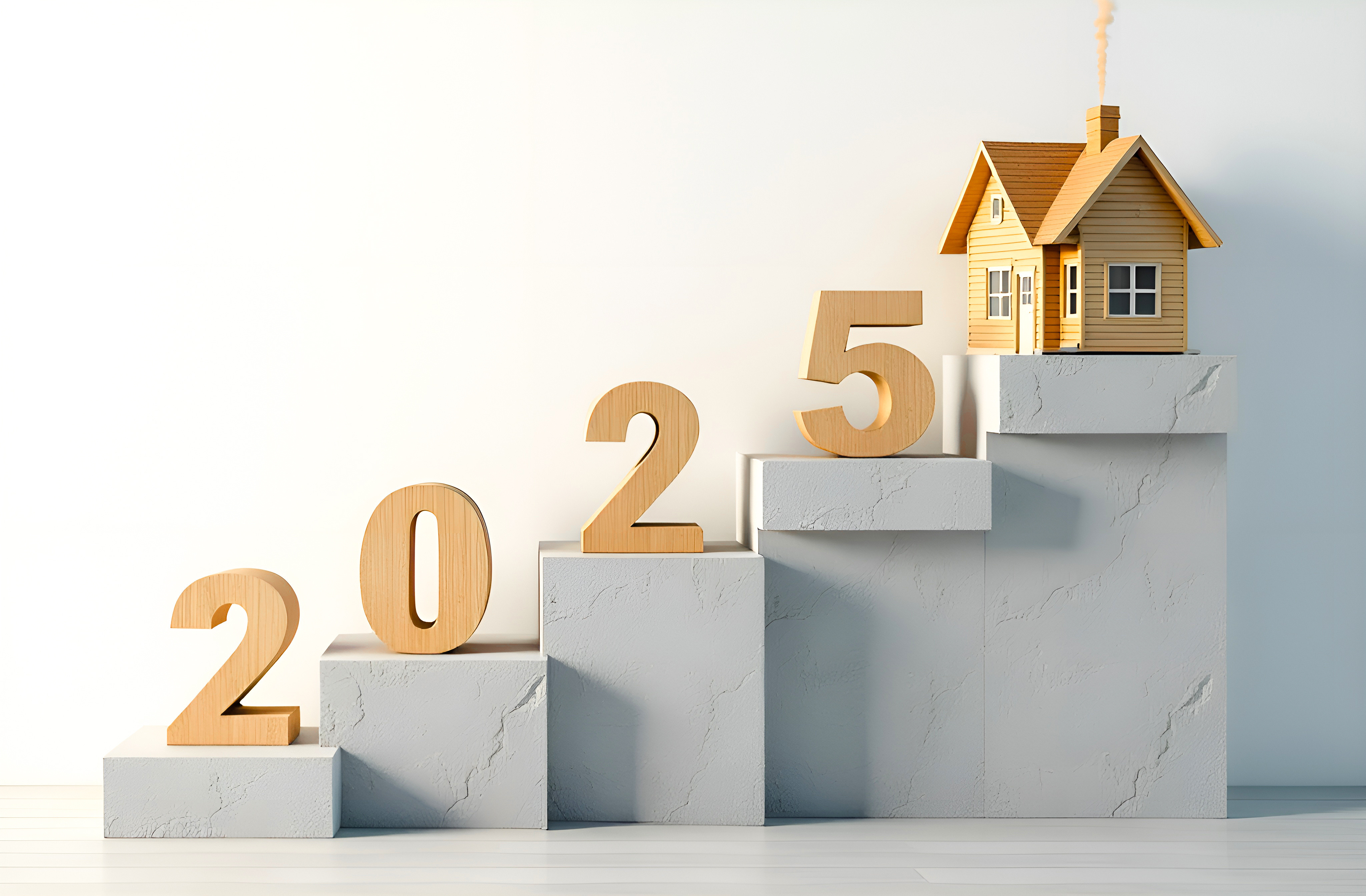One question comes up right away when anyone decides to buy a home:
How much house can I afford?
Affordability is important, but is often confused with another question:
How much can I borrow?
While they might sound the same, these are two radically different but related questions that need answering separately. Deciding how much you can comfortably borrow is as simple as getting pre-approved.
A pre-approval letter from your mortgage advisor states how much a lender will allow you to borrow. What you won't learn from a pre-approval letter is how much you can comfortably afford to borrow.
As you'll see, there's a big difference.
How much house can you really afford?
Mortgage companies are good at figuring out your pre-approval maximum based on quantitative data like your current income, debt, and savings. But a maximum dollar amount and a comfortable one might be drastically different.
To decide what you can comfortably borrow, you need to factor in much more than just your income and expenses.
The pre-approval maximum formula doesn't take into account other relevant information about you, such as:
- Your spending habits
- Savings preferences
- Lifestyle
- Your plans for the future
A home is a longterm investment, and future life changes could affect the amount of money you can comfortably spend on a monthly house payment down the road.

Consider how the answers to these questions might affect your ability to pay your mortgage comfortably.
- Do you plan to have children soon? If so, will both parents still work?
- Do you have older parents who may need financial assistance?
- How are your handyman skills? Are you prepared for the many costs of owning a home outside the mortgage? Or will your home fall into disrepair and suddenly require large chunks of your income to get things running smoothly again?
Many factors determine what might make a comfortable house payment. The maximum pre-approval amount often far exceeds the amount most people want to spend if they're evaluating their budget honestly.
How to calculate a house payment you can afford
Finding the sweet spot for your mortgage payment will depend on your situation and preferences. Most people don't look at the total loan balance to calculate what they can afford. Instead, they want to know how much each monthly mortgage payment will be.
Here are a few ways to roughly calculate the suggested maximum monthly payments:
- Mortgage payments: The most straightforward calculation suggests you should pay no more than 28 percent of your income for a home loan. If your household earns $10,000 a month, you should not consider a monthly payment (principal plus interest) higher than $2,800.
- The total cost of homeownership: You can make a burdensome mistake if you only consider your new mortgage payment as the total cost of homeownership. Add the sum for principal plus interest to future homeowners insurance, property taxes, neighborhood association dues, and some reasonable estimates for upkeep. This sum should total less than 32 percent of your total income. If your household earns $10,000, this sum should not be higher than $3,200.
- All debt: If you already have considerable debt, you should total it and then add in the total cost of homeownership, and that number should not exceed 40 percent of your income. With a $10K a month income, your total debt obligations (including your monthly mortgage payment) should not exceed $4,000.
It's impossible to suggest using just one of these formulas since factors like existing debt and local property taxes can vary so much.
If property taxes and homeowners insurance premiums in one community push you over the threshold for the kind of house you hope to buy, you either need to find a more affordable community or reevaluate how much house you really need.
You Can't Always Measure Home Affordability With a Formula
Numbers and formulas are a great place to start, but you should also think about the lifestyle you hope to enjoy. If you plan to center your life around your new home, it might make sense to invest more money in housing and make other sacrifices.

On the other hand, people who venture out routinely for entertainment, socializing, and travel may want to minimize the cost of owning a home they don't intend to spend much time enjoying.
Consider the Costs of Homeownership Vs. Housing Alternatives
The formulas and considerations above are an excellent place to start assessing affordability in cities with average housing prices. In some cities, typical families and individuals are forced to spend a much higher percentage of their income on housing. If you're tied to purchasing in an expensive city, you may have to make different judgments about affordability.
According to a recently published Zillow study, average buyers in the largest markets spend close to 30 percent of their income on housing payments. It would take over 40 percent of the largest income in Los Angeles to afford a median-priced home.
In these situations, buyers might do well to wait until they can reduce other obligations, accumulate a larger down payment, and avoid overextending themselves.
The Bottom Line on Determining an Affordable Mortgage Payment
The more you know, the better. Information is your friend, and you'll smart choices if you consider all the facts of your situation, preferences, and desired location.
Research area property taxes, homeowners insurance, association dues, upkeep, and other necessary homeownership costs to add to your estimated mortgage payments. You might also consider the impact of changing neighborhoods on other living expenses, such as commuting or daycare.
Don't forget that you also need to allocate income to pay utilities, buy groceries, and save for retirement and emergencies. And don't forget about fun. Homeownership requires a lot of responsibility, and you'll want to have some budget left over to play.
It might sound like a drag to do so much evaluating and thinking about your financial situation before you buy a home, but you'll be much better off if you take the time to do it.
Plenty of people have regretted making themselves "house poor," but you rarely see someone full of regret over the time it took to calculate a smart financial move.
If you think you might be ready to buy a house, talk with one of our mortgage advisors about what you qualify for, and find out how much you can comfortably afford.






.png)


